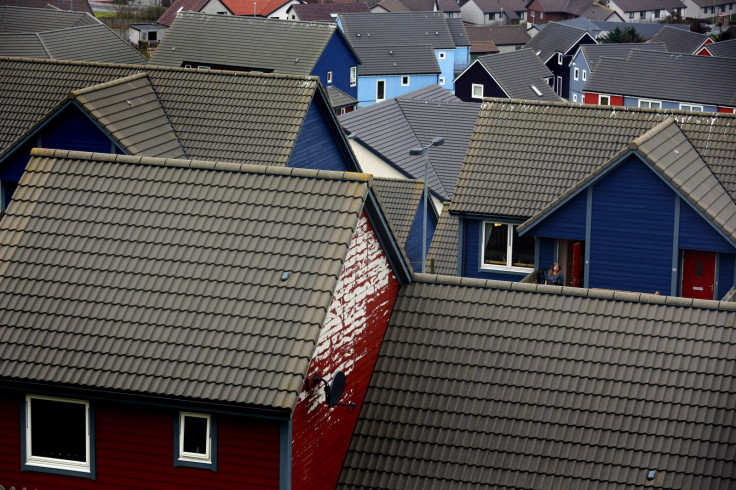UK House Prices: Scottish Property Searches Rocket 22% After Referendum

Searches for Scottish properties rocketed 22% year-on-year, while the number of potential new buyers registering with Knight Frank rose by a quarter during the same period, after Scots voted against independence.
According to the estate agent's latest data, web traffic related to Scottish property rallied in September after 55% of Scots voted against independence on 18 September in the referendum.
"The certainty provided by last month's 'No' vote will allow the property market to return to more normal trading conditions. Already we have noticed interest and activity starting to pick up," said Ran Morgan, head of Knight Frank's Scottish residential department.
"We expect to see an increase in the number of prime country homes coming to the market in light of the result of the referendum, as well as a rise in the number of sales."
The number of people searching for property in Scotland on Knight Frank's website was 17.4% higher compared to August and 22% higher than the corresponding month last year.
Scottish properties could see a boost in demand over the next year because, from April 2015, Scotland will scrap stamp duty Scottish residential and non-residential property sales (SDLT), which will be replaced by a new Land and Buildings Transaction Tax (LBTT).
This new form of taxation will be administered and collected within Scotland.
On 10 October, Scotland's government unveiled details about how it will scrap stamp duty and how people buying a house worth £135,000 (€171,326, $217,228) and under will not have to pay tax at all.
Scotland's finance secretary John Swinney revealed how the Scottish National Party (SNP) new LBTT includes widening the tax bracket and bumping up rate for those buying properties worth over £135,000.
"Knight Frank welcomes the concept of a progressive method of levying stamp duty on residential property, but we are concerned that levying penal rates for higher value homes could reduce transaction volumes, impede the efficient use of property and weaken labour market flexibility," warned the group.
"Prior to the introduction of the new levy in April, we expect to see an increase in the number of prime sales and homes coming to the market as both buyers and vendors look to move before costs rise."
The average UK house price in August 2014 was at £274,000 (€345,052, $437,283).
This equates to the average property price of £285,000 in England, £172,000 in Wales, £143,000 in Northern Ireland and £200,000 in Scotland.
In August 2014, London continued to be the English region with the highest average house price at £514,000 and the North East had the lowest average house price at £154,000.
© Copyright IBTimes 2024. All rights reserved.







